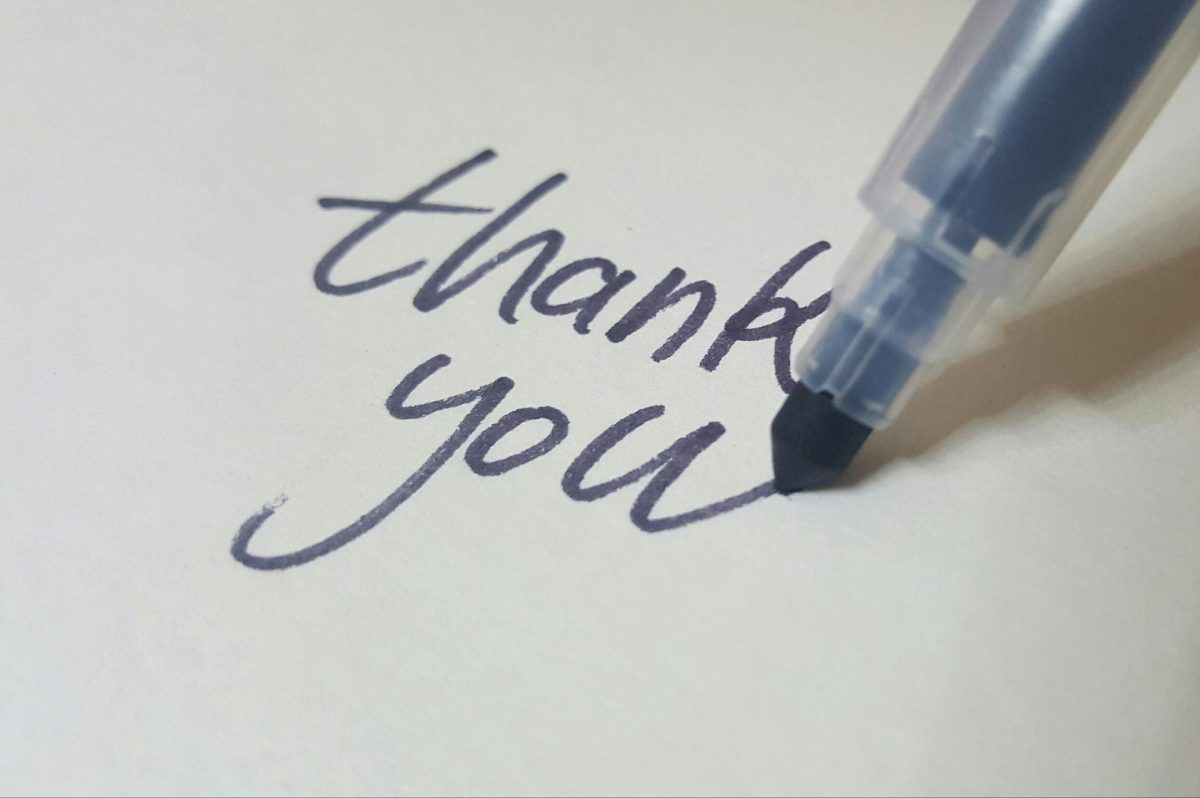In a previous blog post, called Don’t Bury Your Head in the Sand, I referenced the final scene from the movie Dirty Harry where Inspector Harry Callahan says to the villain…”Do You Feel Lucky.” I used it to emphasize the importance of listening to your body and acting when you sense something isn’t right. For this post, I have a similar question for readers to contemplate: Are you chasing the dream or living the dream?
What Is the Difference Between Chasing and Living the Dream?
Well, chasing the dream is another way of saying that you still haven’t found what you’re looking for. For whatever reason(s), you aren’t content with certain aspects of your life and so you feel the need to seek, search, or wish for something more.
On the flipside, living the dream says to me that you have found contentment with your life as it is today. You have found an inner peace and calm.
Why Living is Preferred Over Chasing
The phrase “living the dream” pretty much says it all. It involves living in the moment and enjoying the task at hand. It means that you’re content and satisfied. Just compare that to the angst and discontent of wishing or wanting what you don’t have.
This may sound simple, but chances are if you assess your own life you may find that you are spending a disproportionate amount of your time chasing your dreams and less time living them.
Some Basic Living vs Chasing Dream Questions
So how do you know if you are living or chasing? Here’s a good list of questions to ask yourself.
• Do you focus on the positive or negative aspects of your physical appearance?
• Do you feel a sense of self-worth or lack of purpose with your career profession?
• Do you see the charm or deficiencies of your current domicile?
• Are you satisfied with your interpersonal relationships or are you seeking more from family and friends?
• Do you feel a sense of security or insecurity with your personal financial status?
Answer these questions honestly. After all, you don’t have to share your responses with anyone but yourself. Those answers will likely be good indicators as to whether you are living the dream or chasing the dream.




